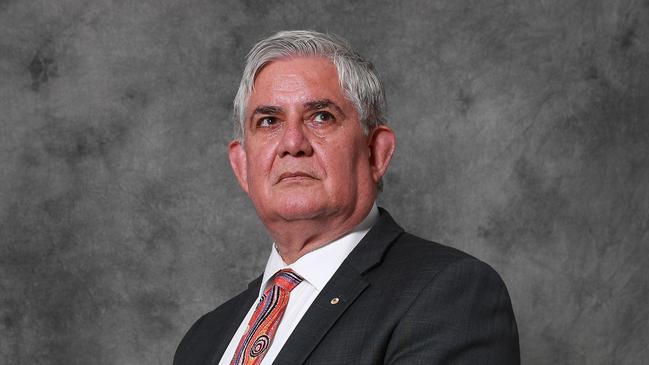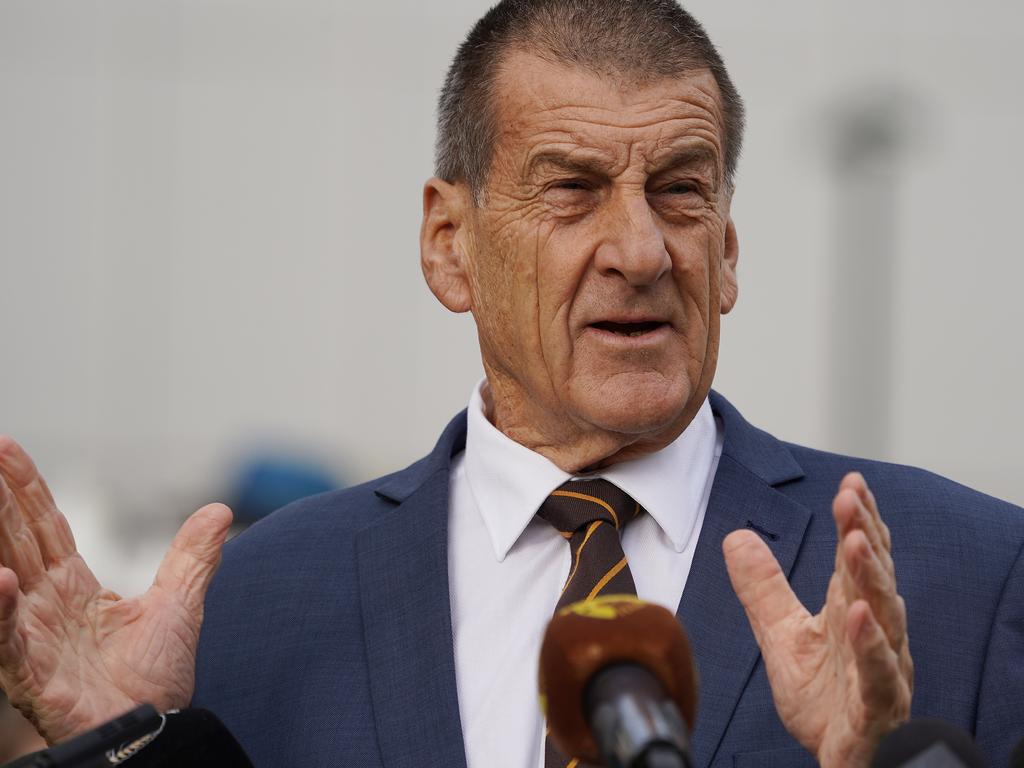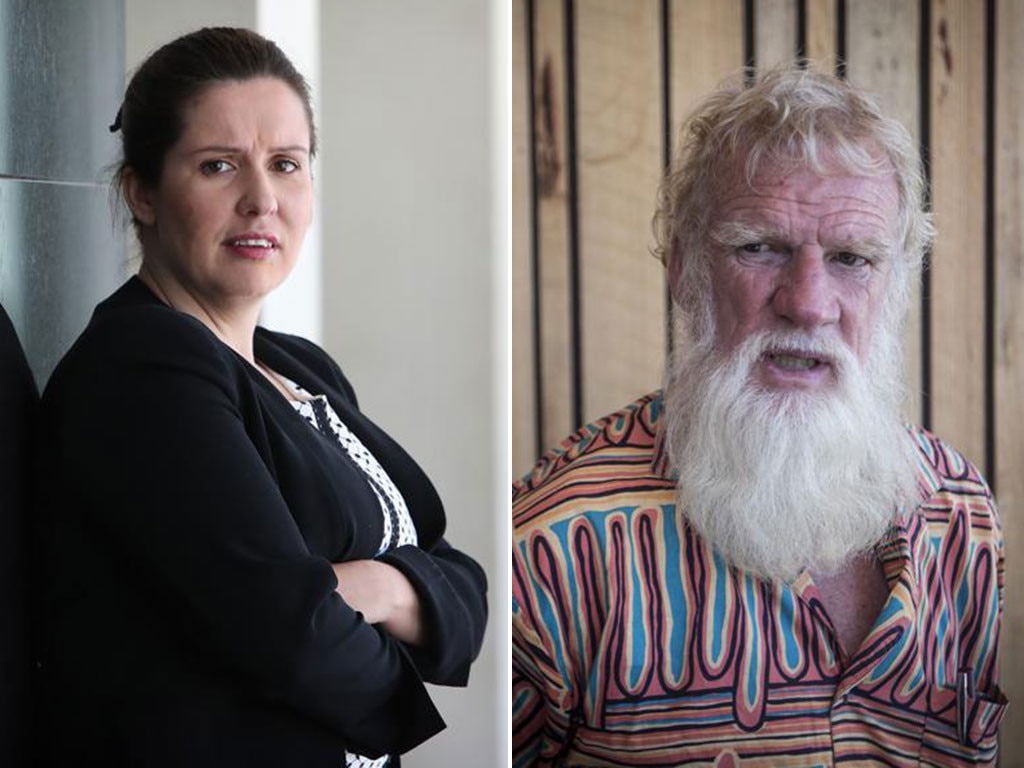Ken Wyatt sets deadline for vote to recognise indigenous
Australians will vote on indigenous recognition by June next year, says Ken Wyatt.

Australians will vote on constitutional recognition of indigenous Australians by June next year at the latest, according to a timeline developed by Indigenous Australians Minister Ken Wyatt.
Mr Wyatt confirmed on Wednesday the Morrison government intended to hold a referendum by mid-2021 on the question of whether to alter the Constitution to recognise Aboriginal and Torres Strait Islander people. Mr Wyatt told The Australian he wanted to present the required bill to the Australian parliament by the end of this year.
“It is getting tight but we’ve set a timeline and by the end of this year I hope to be in a position to go forward,” Mr Wyatt said.
Once a bill to alter the Constitution has passed through both houses of parliament, a referendum must be held not less than two and no more than six months later. Asked if the referendum would be held in the first half of next year, Mr Wyatt replied: “At the latest.”
He wants to ensure the issue of constitutional recognition does not become confused with the indigenous voice to government.
Indigenous leaders Marcia Langton and Tom Calma are co-chairs of a senior advisory group that is due to propose models for the voice at a national, regional and local level by June. After consultation, Mr Wyatt intends to legislate the voice. After that, he intends to hold a referendum on constitutional recognition.
Mr Wyatt said it was important to make progress on the voice, and then to hold a referendum on constitutional recognition, well ahead of the next federal election due by September 2022.
“(The) very critical and important issue of constitutional recognition needs its own oxygen and its own space,” he said.
Mr Wyatt conceded that key supporters of the Uluru Statement from the Heart reject the constitutional recognition he proposes as merely symbolism. The landmark 2017 Uluru statement called for an indigenous voice to be constitutionally enshrined, which the Morrison government rejected.
Mr Wyatt said there was a risk Uluru backers might campaign against a “yes” campaign on the grounds the referendum does not include a question about an indigenous voice.
However, he and others see a legislated voice as pragmatic and hope that by the end of this year there will be “a tangible outcome from the voice process” that could win over Australians who are deeply disappointed by the decision not to enshrine an indigenous voice in the Constitution.
“It’s extremely important because if there is a division amongst indigenous Australians then an opportunity will be lost,” Mr Wyatt said. “We are going to have some strong opponents (to constitutional recognition).
“Reconciliation Australia when they were doing their barometers, showed that there was a 10 per cent rusted-on group who will never support recognition in any form. Then you have got those who sit on the verge of that who say as long as it doesn’t advantage a particular group over another, and then we’ve got this significant group of Australians who have got an open mind and the group that I am seeing it strongest in are young Australians under the age of 35.”
Mr Wyatt said he did not intend to diminish the Uluru statement but the referendum was about what was reasonable to most Australians.







To join the conversation, please log in. Don't have an account? Register
Join the conversation, you are commenting as Logout